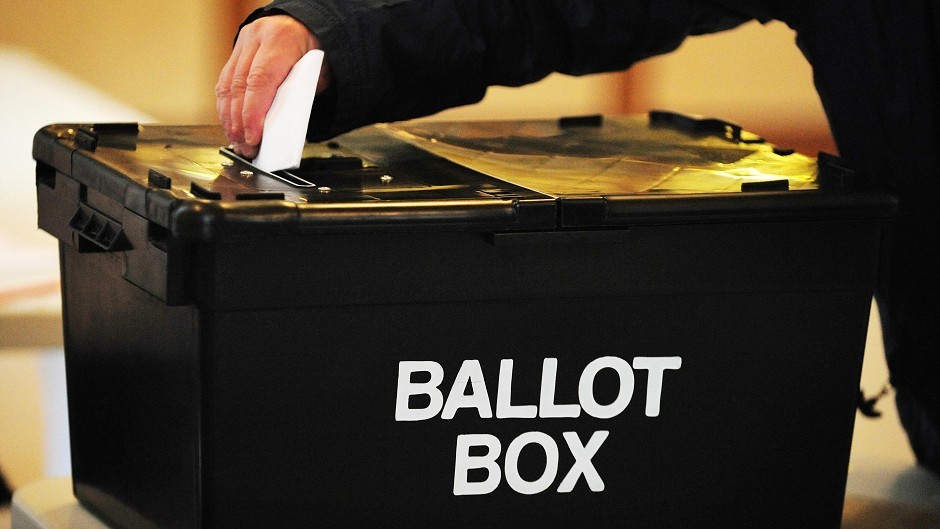In recent memory not a year has gone by without at least one visit to a polling station.
With agriculture, food and drink policy and rural development all being devolved to the Scottish Parliament, the interests of our industry in the election on Thursday are clear.
The fallout over the delay in support payments proved that agriculture is not an industry that can be used as a political football.
Governments must now be willing to lead the charge to ensure that the success of Scotland’s Good Food Story – a laudable priority of the most recent government – is shared right down the supply chain.
At NFU Scotland’s rally outside the Scottish Parliament in March, MSPs of all colours queued up to lend their support to the industry.
Dissecting the policies for agriculture and rural Scotland as set out in the manifestos of Scotland’s six main political parties, there is an encouraging richness of detail which reflects many of the priorities set out in the union’s own Manifesto for Rural Scotland 2016.
Food prominence plays a key part in the manifestos, with all parties recognising to varying extents the importance of sourcing local.
The SNP, Scottish Labour and the Scottish Greens all propose new legislation that will tie together Scotland’s food ambitions – and in the case of Labour, will put the Scottish Agricultural Wages Board into statute.
Meanwhile, the Scottish Conservatives commit to working at EU level to develop a dairy futures market and increased transparency in the supply chain. This is a theme also run by the Scottish Liberal Democrats, who will press for increased powers of the groceries code adjudicator.
Of interest is the divergent themes taken by the parties on the present and future Common Agricultural Policy (Cap).
Importantly, the SNP concedes that “lessons will be learned to improve the payment system”, with opposition parties all committing reviews into the recent failings.
Looking ahead, the Scottish Greens and Scottish Labour commit to Cap reforms that deliver for the environment and encourage co-operative working where possible, while the SNP will focus on dysfunctional supply chains.
The Ukip manifesto – unapologetically proposing post-Brexit policies – would introduce a modified Scottish agricultural support payment scheme freed of greening requirements. The Scottish Liberal Democrat manifesto promises to establish a scientific basis for GM crop policy, as well as recruiting to fill the role of the chief scientific adviser promptly.
On the converse, the SNP and Scottish Greens will fight to uphold the GM cultivation ban, with the Greens going even further to campaign for an eventual ban on products from animals that have been reared on GM feed, as well as routine antibiotic use.
All of the manifestos reflect on the recent Land Reform Bill and suggest changes to the legislation.
At one end, Ukip proposes to abolish it in its entirety, while the Scottish Conservatives pledge a new conversion model, and the Scottish Greens supporting a right to buy and campaigning to give children equal rights to inherit land at the other.
Over the past four weeks, NFU Scotland has held 13 hustings meetings in all corners of Scotland, hearing from the candidates standing for election in key rural communities. Commitments have been made, and the bar has been raised. The question now is how, and by whom, these policies will be taken forward after May 5.
- Clare Slipper is NFU Scotland’s parliamentary officer
